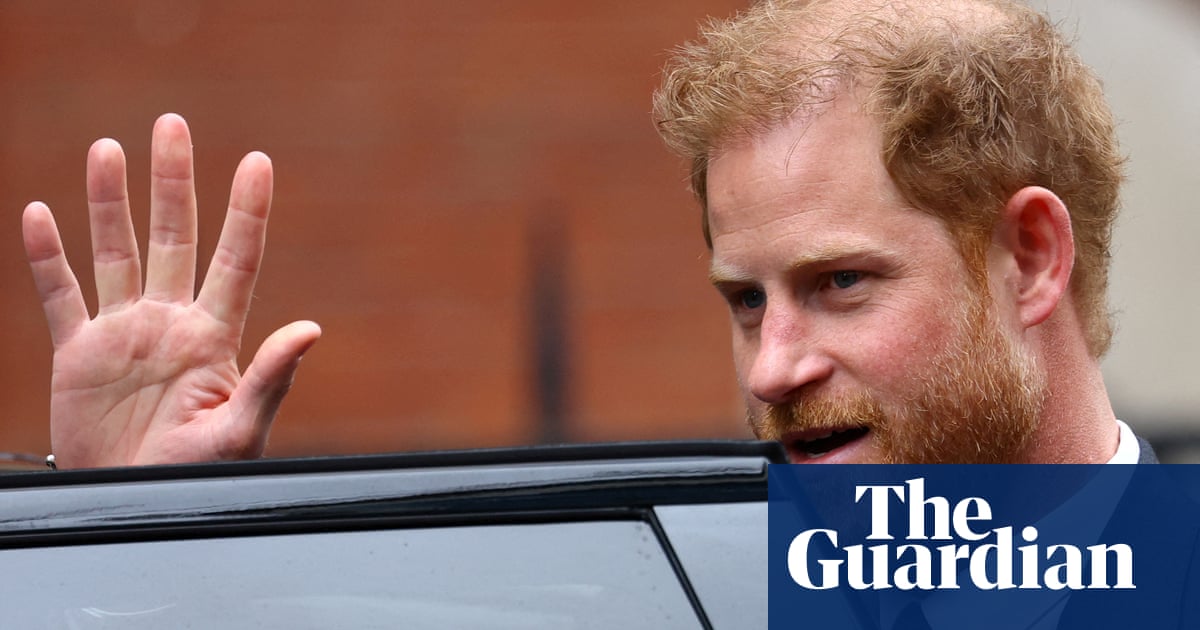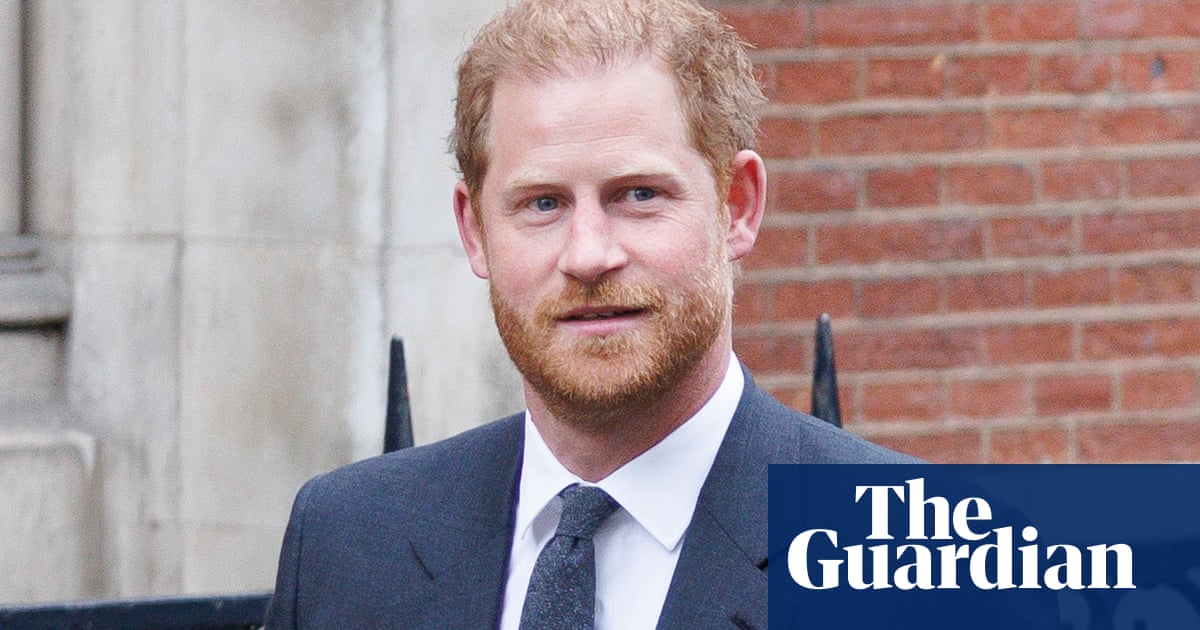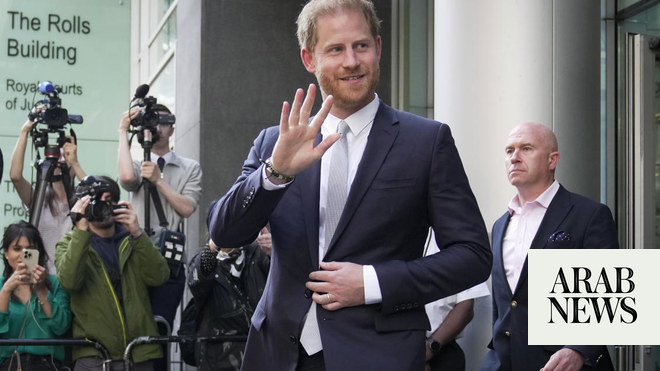
The publisher of the Daily Mail has won a court battle after arguing that its human rights were breached by a requirement for it to pay “success fees” to lawyers representing people it had paid damages to.
Associated Newspapers Ltd (ANL) complained to the European court of human rights that it was “excessive and unfair” for it to have to pay such fees to plaintiffs who have engaged lawyers to take cases on a no win, no fee agreement.
ANL, which has historically using its editorial pages to campaign against human rights legislation derived from Europe, argued that making it liable for success fees breached article 10 of the European convention of human rights, which protects freedom of expression.
It complained about the case of Alaedeen Sicri, a Libyan businessman, who successfully sued for breach of privacy after the MailOnline had named him as a suspect in the 2017 terrorist attack at the Manchester Arena.
Sicri, who was released without charge after six days of interviews, was awarded £83,000 in damages but ANL also had to pay £822,421.79 of his costs, at least £245,775 plus VAT of which was the “success fee”.
The publisher claimed that having to pay the additional liability, over and above damages awarded, discouraged the participation of the press in debates over matters of legitimate concern.
Finding in favour of ANL against the UK government – defendants at the Strasbourg court are always a member state alleged to have breached the applicant’s human rights – the panel of seven judges said that the costs awarded were “eye-watering”.
While legislation abolished the liability of losing defendants for success fees and “after the event” (ATE) insurance premiums, which underwrite a claimant’s liability to pay the defendant’s costs should his or her case be unsuccessful, it does not apply in defamation and privacy cases where the no win, no fee agreement pre-dated the abolition, as in the current case.
The judges accepted that the idea of the no win, no fee regime was to widen access to civil litigation and steps had been taken to ensure costs were reasonable, but concluded: “The requirement that the applicant company pay costs to AS (Sicri), which included success fees, was disproportionate having regard to the legitimate aims sought to be achieved and exceeded even the broad margin of appreciation accorded to the government in respect of general measures pursuing social and economic interests.”
ANL also challenged its liability for ATE premiums but the court ruled these were not in violation of article 10 of the convention.
The human rights court ordered the UK government to pay ANL €15,000 (£12,450) in costs and expenses within three months.
The publisher had also sought damages of just less than £320,000 in damages from the UK government, which it said was the total paid in success fees when an additional settlement was added to the amount awarded by the judge. The court reserved judgment on this matter, inviting written submissions from both parties within six months.












